The tools of twenty-first-century warfare are no longer confined to conventional weapons such as missiles, tanks, and aircraft. They have expanded to encompass cloud-computing platforms, artificial-intelligence systems, and data-processing capabilities developed and managed by major U.S.-based technology corporations, including Microsoft, Google, and Amazon. These companies have become central pillars in the conduct of modern digital warfare, with their decisions and policies exerting profound geopolitical influence and forming an integral component of contemporary global power dynamics.
In this context, the relationship between commercial technology corporations and the Israeli military has undergone a profound transformation, moving beyond the traditional model of supplying hardware and software to establish digital infrastructure as a central instrument in the management of modern conflict, most notably during the war on Gaza. A new paradigm of integration between the military and the private sector has emerged, in which commercial digital systems have become an inseparable component of military capability, blurring the boundaries between market-driven services and state security architectures.
The management of the global narrative surrounding humanitarian catastrophes, including the confirmed famine and persistent reports of atrocities, has become inseparable from the content-governance policies imposed by major digital platforms controlled by technology conglomerates. These platforms frequently amplify official narratives while minimising or obscuring the magnitude of famine and conflict. At the same time, they enable advanced surveillance mechanisms that restrict or silence independent media operating within conflict zones.
The war in Gaza has underscored the dual and increasingly intricate role of major technology corporations, particularly Google (Alphabet Inc.) and Microsoft Corporation, in both modern warfare and global information control. These entities operate within a mutually reinforcing dynamic, providing specialised cloud-computing and artificial-intelligence infrastructure that enables unprecedented levels of lethal military operations and mass surveillance across Gaza and the occupied territories. Concurrently, they deploy advanced mechanisms of information control, encompassing internal content moderation, algorithmic bias, and data suppression, to recalibrate public narratives and shield corporate power from accountability.
This analysis, therefore, examines the role of technology corporations in shaping the dynamics and repercussions of the conflict in Gaza, exploring how they contribute to the engineering of the informational, political, and humanitarian landscape within the framework of contemporary warfare. In this process, these corporations are transformed from ostensibly neutral service providers into active participants within the conflict’s infrastructural ecosystem.
Defining the Digital and Technological Footprint
The footprint of major technology corporations extends far beyond the provision of digital services in conflict zones, transforming into functional and causal relationships directly linked to field military operations. A report by the United Nations Human Rights Council documented the pivotal role played by companies such as Microsoft, Google, Amazon, and IBM in Israel’s surveillance system and in the continuation of destructive operations in Gaza. The report called for the suspension of their commercial dealings with Israel and for holding accountable the executive leadership involved in potential violations of international law.
This role is closely linked to the Israeli military’s increasing dependence on cloud-computing services and artificial-intelligence platforms to store and process vast volumes of intelligence data, while providing direct technical and engineering support to military and intelligence units, including Unit 8200, which is responsible for digital espionage and surveillance. This technological infrastructure forms a structural pillar that amplifies the operational capabilities of the Israeli military, sustains and intensifies the conflict, curtails the freedom of the media and local communities, and consolidates the dominance of the official narrative within the broader information environment.
In the same context, the United Nations Special Rapporteur on the Palestinian Territories, in her report From Occupation Economy to Genocide Economy, underscored the involvement of more than sixty corporations, including Microsoft, Alphabet, and Amazon, in the ongoing war in Gaza. The report situates this participation within a broader systemic framework, emphasising that these are not isolated commercial engagements but integral components of a “political economy” that is progressively transforming into a “genocide economy.” It further highlights that these corporations are financially entangled with the infrastructure of the Israeli apartheid system and actively contribute to the militarisation of the long-standing occupation, which continues to serve as a testing ground for surveillance technologies and advanced weaponry.
The Foundation of Complicity: Cloud-Computing Contracts and Strategic Incentives
Recent years have witnessed a profound transformation in the nature of the relationship between major U.S. technology corporations and Israel’s political and security institutions. Cloud-computing contracts are no longer mere commercial agreements; they have evolved into strategic pillars with profound geopolitical and economic ramifications. These contracts grant Israel access to advanced technological infrastructure, ensuring its sustained military and security superiority, while enabling the corporations to secure long-term contracts that enhance their profits and entrench their presence within one of the world’s most sensitive markets.
This entanglement marks a qualitative shift in the role of technology companies, from simple service providers to direct partners in the construction of a complex security and strategic infrastructure, reinviting critical debate over the notion of “technological neutrality” within an increasingly volatile global context.
Project Nimbus, signed in 2021 with Google and Amazon, stands as the most explicit embodiment of this relationship. The project granted the Israeli government access to comprehensive cloud-computing services across all state institutions, including security and military agencies, under a contract valued at approximately US$1.2 billion. It is built upon the principle of deep integration between institutional digital infrastructure and private service providers, incorporating binding clauses that prevent participating companies from terminating their engagement even under the most severe political or humanitarian pressures.
This arrangement guarantees the continuity of digital support regardless of geopolitical developments or human rights controversies. Internal Google documents have revealed that the company was aware its cloud services could be implicated in human rights violations within the Palestinian territories. Yet, it proceeded with the contract, driven by financial and strategic imperatives; a stark illustration of the dominance of profit over ethical responsibility.
At the same time, Microsoft’s role became increasingly prominent with the escalation of military operations in Gaza from October 2023, following the Israeli army’s expanded reliance on Azure services after the events of 7 October 2023. Cloud-storage utilisation rose by 60 percent compared to the preceding period, and it is estimated that by June 2024, the engineering and consultancy support provided by Microsoft to the Israeli military had exceeded 19,000 hours.
After being excluded from Project Nimbus, the company deepened its integration within Israel’s digital infrastructure through Azure, securing major contracts to enhance storage capacities and deliver thousands of hours of technical support to military institutions, a level of involvement that moves decisively beyond the bounds of “neutrality” into direct operational participation in military activity. This alignment was further solidified by the establishment of a new Microsoft cloud region inside Israel, signalling a long-term commitment to reinforcing the country’s security infrastructure and affirming the cloud environment as an intrinsic element in the architecture and management of modern warfare.
These contracts embody an advanced digital infrastructure that enables the Israeli government to sustain extensive surveillance and digital intelligence operations while facilitating combat activities and strategic military planning. They mark the emergence of a new phase of structural collusion that surpasses conventional commercial relationships, raising profound ethical and legal questions concerning corporate complicity in armed conflict and violations of international law.
Targeting Mechanisms
The technical infrastructure provisioned by major technology corporations forms a cornerstone of the shift towards rapid, AI-dependent warfare. It plays a central role in facilitating systematic destruction and the attendant humanitarian crises in the Gaza Strip.
Mass Surveillance
This infrastructure operates through expansive surveillance systems that rely on cloud-computing services to collect and analyse intelligence data, enabling the construction of vast databases subsequently utilised for targeting operations. A notable example is the Israeli intelligence Unit 8200’s deployment of Microsoft Azure to develop a comprehensive surveillance network that, since 2022, has intercepted, recorded, and stored millions of phone calls daily between civilians in Gaza and the West Bank. Reports indicate that the system’s capacity reached as high as one million calls per hour, reflecting its immense capabilities in AI-assisted monitoring and analytical processing.
The vast volumes of data stored on Azure serve as the foundation for extracting intelligence, which is subsequently employed in precision-targeting operations. Initially, Microsoft denied any violation of its service terms, asserting in May 2025 that there was no evidence of misuse. However, investigative reports released in August 2025 revealed that the platform had been utilised to identify targets for strikes in Gaza, prompting the company to reassess its position and partially suspend services provided to Unit 8200 in September 2025. Despite this measure, the broader contract between Microsoft and the Israeli military remained intact, reflecting a constrained and selective response rather than a complete disengagement from ongoing military operations.
AI-Enabled Killing
The cloud infrastructure supplied by companies such as Google, Amazon and Microsoft underpins AI-enhanced combat systems and is said to augment the Israeli military’s operational capabilities. These services provide the processing power required to run advanced algorithms — for example, “Lavender” and “The Gospel.” The latter is reportedly used to identify buildings and installations flagged for strikes. At the same time “Lavender” processes intelligence to shortlist individuals for targeted killing, often tracking their locations to ensure strikes occur inside private homes — operating under the rubric, “Where is my father?”. Former intelligence officials characterise this algorithmic approach as producing a “factory for mass assassinations,” shifting strategic emphasis toward high volumes of targets at the expense of rigorous verification and human oversight. Dependent on vast datasets and high-speed computation, the system compresses the military decision-making cycle, reducing the interval between detecting a target and destroying it to mere seconds — a tempo attainable only through sustained access to cloud-computing resources.
However, the fundamental danger inherent in these systems lies in their heavy dependence on data that may be biased or flawed, a well-known principle known as “garbage in, garbage out.” Reports indicate that the digital tools employed by the Israeli military in Gaza rely on inaccurate data, rough estimates, and systematic biases, thereby exposing civilians to extreme risk. When algorithms such as “Lavender” are trained on loosely defined, politically motivated threat classifications, for instance, equating legitimate Palestinian human rights organisations with “terrorist groups”, their outputs inevitably replicate and amplify those biases, heightening the likelihood of erroneous and unlawful targeting of non-combatants. Consequently, the immense computational capacities of cloud infrastructure function as accelerants of destruction, magnifying the consequences of embedded AI errors and generating systematic, large-scale harm to civilians.
Escalating Famine
The technical efficiency enabled by the large-scale infrastructure of major technology corporations facilitates an unprecedented magnitude of systematic destruction. Satellite imagery analyses reveal the catastrophic scale of devastation across the Gaza Strip: by mid-2025, approximately 78 percent of all buildings had been damaged or destroyed. This devastation extends far beyond military objectives, encompassing critical civilian infrastructure, including healthcare facilities, medical services, and the essential systems required for basic survival.
The systematic campaign of destruction, coupled with the obstruction of humanitarian aid, directly intensifies food insecurity and generates conditions of famine. Repeated strikes against infrastructure that constitutes essential life-support systems create circumstances that may be deemed deliberate, bearing the hallmarks of intent to destroy a civilian population as a group — conduct that stands in clear violation of international law and forms a central element in allegations of grave crimes. Within this context, the Israeli military’s capacity to conduct large-scale and sustained targeting through AI systems dependent on cloud-computing infrastructure is intrinsically linked to the unfolding humanitarian catastrophe. Consequently, the role of major technology corporations extends beyond that of passive service providers, rendering them active enablers of societal collapse mechanisms and complicit in the deepening of famine on a mass scale.
Visual Data Suppression
Google Maps and Google Earth represent the world’s dominant platforms for digital mapping. However, their depiction of the Gaza Strip, particularly in the aftermath of 7 October 2023, has been characterised by substantial delays in updating publicly accessible satellite imagery. Despite the extensive, well-documented destruction, with estimates suggesting that nearly 80 percent of buildings have been damaged or destroyed, the available maps often rely on outdated imagery, in some cases lagging months or even years behind the actual conditions on the ground.
This delay in updating imagery generates a critical knowledge gap, amounting to a form of cognitive weaponisation in which the visual narrative of the conflict is indirectly reshaped. While investigative journalists and humanitarian organisations rely on more current imagery supplied by commercial providers, such as Planet Labs, to verify the extent of destruction, the general public and non-specialist media remain confined to an incomplete and outdated representation of the situation. The consequence is a diminished global awareness of the humanitarian catastrophe, a weakening of political pressure for intervention, and the erosion of accountability mechanisms at both national and international levels.
Additionally, users have reported phenomena that may be characterised as forms of digital psychological warfare embedded within the mapping environment, such as the appearance of “haunted house” markers on destroyed Palestinian homes following specific aerial updates on Google Earth. These incidents raise grave concerns regarding oversight mechanisms and the potential for active complicity or institutional negligence in enabling malicious digital practices that amplify the psychological and informational dimensions of the conflict.
Reshaping the Narrative
The role of Google and Microsoft extends beyond their facilitation of military operations through AI and cloud-computing infrastructure; it also encompasses an active role in shaping global narratives surrounding the Gaza crisis through a range of information-control mechanisms. This includes not only the suppression of visual data but also the deliberate application of geopolitical censorship within artificial-intelligence models.
Content relating to destruction and famine is routinely repurposed through digital-platform algorithms and search-engine bias. While official international bodies, including the United Nations and the Integrated Food Security Phase Classification (IPC), have confirmed that Gaza has already surpassed famine thresholds, with the entire population facing severe and critical levels of food insecurity, platforms operated by major technology corporations, such as Google-owned YouTube, actively promote counter-narratives. These narratives frequently manifest as fragmented or decontextualised video clips intended to cast doubt on the magnitude of the crisis or to portray it as “fabricated” or “political propaganda,” in blatant disregard of verified field reports and extensive humanitarian documentation.
Independent studies have also identified algorithmic disparities in search results across major platforms, such as Google and DuckDuckGo, which are shaped by individual factors, including prior browsing history and user profiling. This structural bias limits public access to credible, independent sources of information, thereby diminishing the visibility of investigative reports on destruction and famine while amplifying narratives that align with dominant geopolitical interests. Consequently, the manipulation of information ecosystems becomes an additional instrument of control, one that shapes public opinion and reconfigures international perceptions of the crisis.
In conclusion, the involvement of major technology corporations such as Google and Microsoft in cloud-computing contracts with the Israeli government underscores a multilayered structure of strategic gain — spanning from the assurance of stable, high-value revenue streams to the consolidation of their influence within highly sensitive technological markets. Project Nimbus exemplifies this dynamic, embedding both companies deeply within Israel’s digital infrastructure, including institutions of security and military significance.
Despite internal objections and legal cautions regarding human-rights implications, the continued implementation of these contracts reflects a deliberate willingness to incur ethical and political risks in pursuit of financial and institutional advantage. This dynamic reveals an explicit prioritisation of economic profit and the consolidation of sovereign strategic partnerships over the corporations’ publicly professed commitments to human rights and principles of responsible governance.
From a technical standpoint, although cloud-computing services are often presented as neutral infrastructure comparable to public utilities, the contractual frameworks that govern them — encompassing provisions such as deep infrastructure customisation, continuity guarantees through “anti-boycott clauses,” and uninterrupted technical support even during periods of armed conflict — expose a close alignment with governmental and security operations. Consequently, within this context, cloud computing transcends its purely technical function, emerging as an integral element of a broader political and security architecture.
References
Abraham, Yuval. “Amazon, Google & Microsoft Fuel Israeli Military Aggression in Israel’s War on Gaza, Investigation Reveals – Business & Human Rights Resource Centre.” Business & Human Rights Resource Centre, August 4, 2024. https://www.business-humanrights.org/ar/%D8%A3%D8%AD%D8%AF%D8%AB-%D8%A7%D9%84%D8%A3%D8%AE%D8%A8%D8%A7%D8%B1/amazon-google-microsoft-fuel-israeli-military-aggression-in-israels-war-on-gaza-investigation-reveals/
Adarsh. “From Silicon Valley to Gaza: Microsoft’s Cloud Could Be Israel’s War Machine.” Sify, March 9, 2025. https://www.sify.com/ai-analytics/from-silicon-valley-to-gaza-microsofts-cloud-could-be-israels-war-machine/
Al Jazeera. “More than 100 NGOs Warn Israel’s Forced ‘Mass Starvation’ Stalks All Gaza,” July 23, 2025. https://www.aljazeera.com/news/2025/7/23/more-than-100-ngos-warn-israels-forced-mass-starvation-stalks-all-gaza
Biddle, Sam. “Microsoft Confirms Censoring Employee Emails Containing Words Related to Palestine & Israel’s War on Gaza – Business & Human Rights Resource Centre.” Business & Human Rights Resource Centre, May 22, 2025. https://www.business-humanrights.org/en/latest-news/israelopt-microsoft-confirms-censoring-employee-emails-containing-words-related-to-palestine-israels-war-on-gaza/
Bishop, Todd. “Microsoft: No Evidence Israeli Military Used Its Technology to Harm Civilians, Reviews Find.” GeekWire, May 15, 2025. https://www.geekwire.com/2025/microsoft-no-evidence-israeli-military-used-its-technology-to-harm-civilians-reviews-find/
Çebi, Gizem Nisa. “Microsoft Confirms AI, Cloud Services to Israeli Defense Ministry amid Gaza War Scrutiny.” Anadoul Agency, May 17, 2025. https://www.aa.com.tr/en/americas/microsoft-confirms-ai-cloud-services-to-israeli-defense-ministry-amid-gaza-war-scrutiny/3571775
Collings, Paige, and Starchy Grant. “Digital Apartheid in Gaza: Big Tech Must Reveal Their Roles in Tech Used in Human Rights Abuses.” Electronic Frontier Foundation, August 13, 2024. https://www.eff.org/deeplinks/2024/08/digital-apartheid-gaza-big-tech-must-reveal-their-roles-tech-used-human-rights-0
Corbett, Jessica. “After Anti-Genocide Protests, Microsoft Cuts Israeli Military off from Cloud Services | Common Dreams.” Common Dreams, September 25, 2025. https://www.commondreams.org/news/microsoft-israel
Food and Agriculture Organisation of the United Nations. “Gaza: Geospatial Data Shows Intensifying Damage to Cropland.” FAO, October 3, 2024. https://www.fao.org/newsroom/detail/gaza-geospatial-data-shows-intensifying-damage-to-cropland/en
Human Rights Watch. “Questions and Answers: Israeli Military’s Use of Digital Tools in Gaza,” September 10, 2024. https://www.hrw.org/news/2024/09/10/questions-and-answers-israeli-militarys-use-digital-tools-gaza
Kwet, Michael. “How US Big Tech Supports Israel’s AI-Powered Genocide and Apartheid.” Al Jazeera, May 12, 2024. https://www.aljazeera.com/opinions/2024/5/12/how-us-big-tech-supports-israels-ai-powered-genocide-and-apartheid
Lawal, Shola. “Why Has Microsoft Cut Israel off from Some of Its Services?” Al Jazeera, September 26, 2025. https://www.aljazeera.com/news/2025/9/26/why-has-microsoft-cut-israel-off-from-some-of-its-services
Maiberg, Emanuel. “Google’s Gemini AI Doesn’t Want to Talk about Palestine.” 404 Media, March 5, 2024. https://www.404media.co/googles-gemini-ai-doesnt-want-to-talk-about-palestine/
Q, Zina. “The Cartographic War: How Google Earth Turned Gaza’s Ruins into a Digital Battlefield – Untold.” Untold Magazine, August 15, 2025. https://untoldmag.org/the-cartographic-war-how-google-earth-turned-gazas-ruins-into-a-digital-battlefield/
Rahman, Amber. “Explainer: The Role of AI in Israel’s Genocidal Campaign against Palestinians.” Institute for Palestine Studies, October 16, 2024. https://www.palestine-studies.org/en/node/1656285
Staff, Al Jazeera. “What Is Project Nimbus, and Why Are Google Workers Protesting Israel Deal?” Al Jazeera, April 23, 2024. https://www.aljazeera.com/news/2024/4/23/what-is-project-nimbus-and-why-are-google-workers-protesting-israel-deal
TOI Staff. “Microsoft Said to Block IDF from Cloud System over Use in Surveillance of Palestinians.” Times of Israel, September 25, 2025. https://www.timesofisrael.com/microsoft-said-to-block-idf-from-cloud-system-over-use-in-surveillance-of-palestinians/
TRT World. “UN Report Names 60+ Firms Profiting from Israeli ‘Economy of Genocide.’” Trtworld.com. TRT World, July 2, 2025. https://www.trtworld.com/article/b9154d1412cb
Williamson, Harriet. “UN Calls out Google and Amazon for Abetting Gaza Genocide.” Progressive International. progressive-international-website, August 26, 2025. https://progressive.international/wire/2025-08-26-un-calls-out-google-and-amazon-for-abetting-gaza-genocide/en

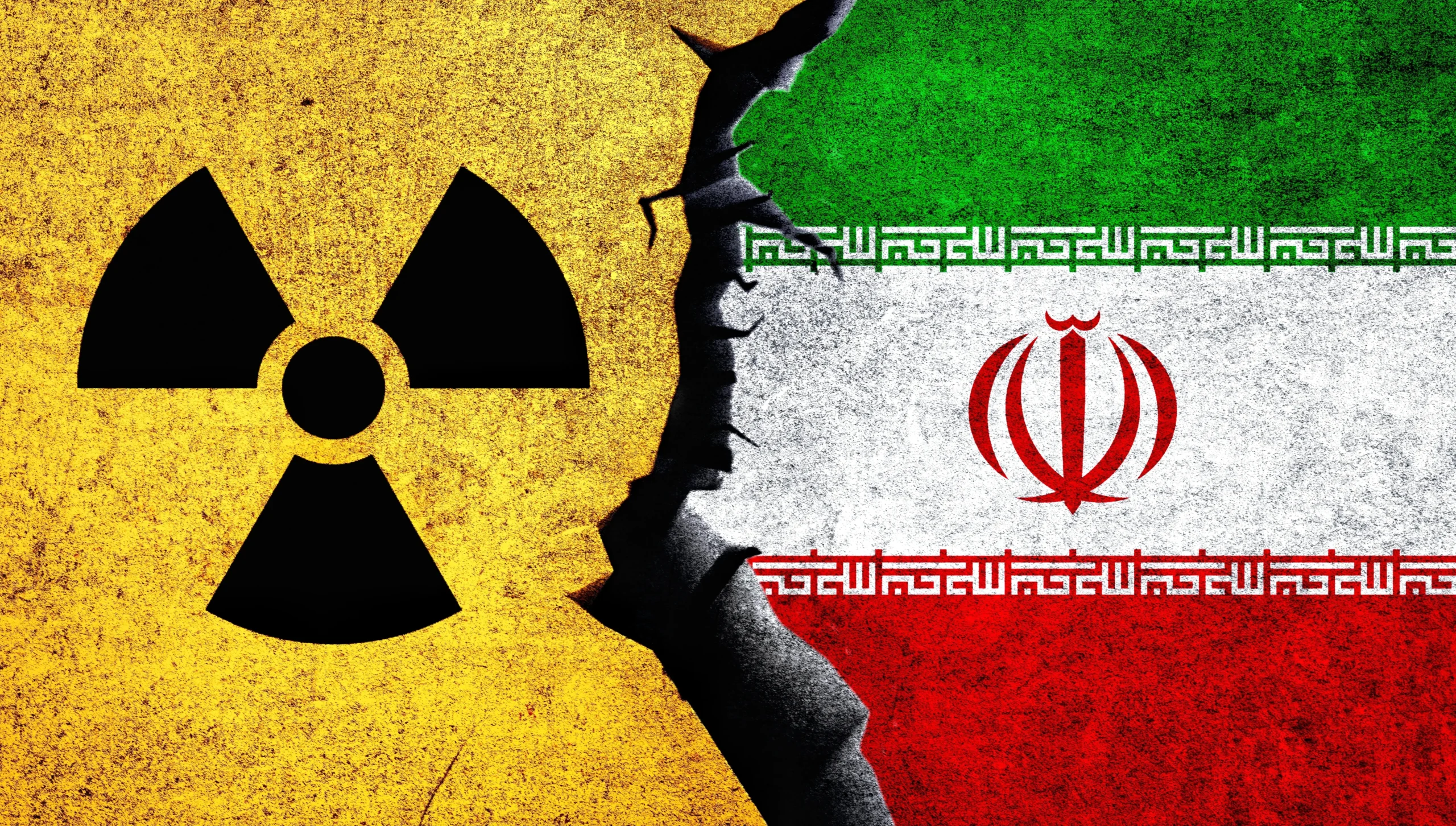




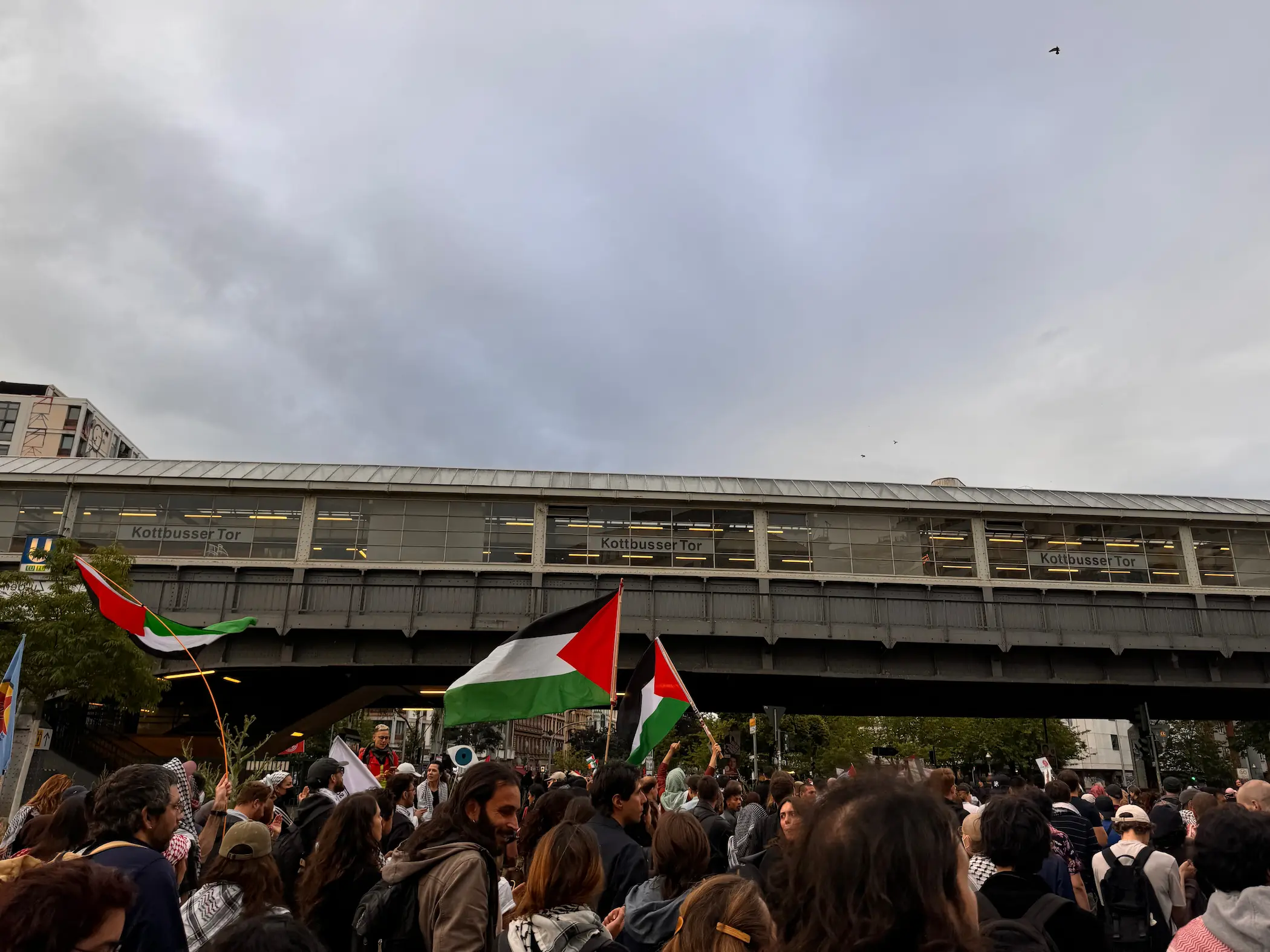


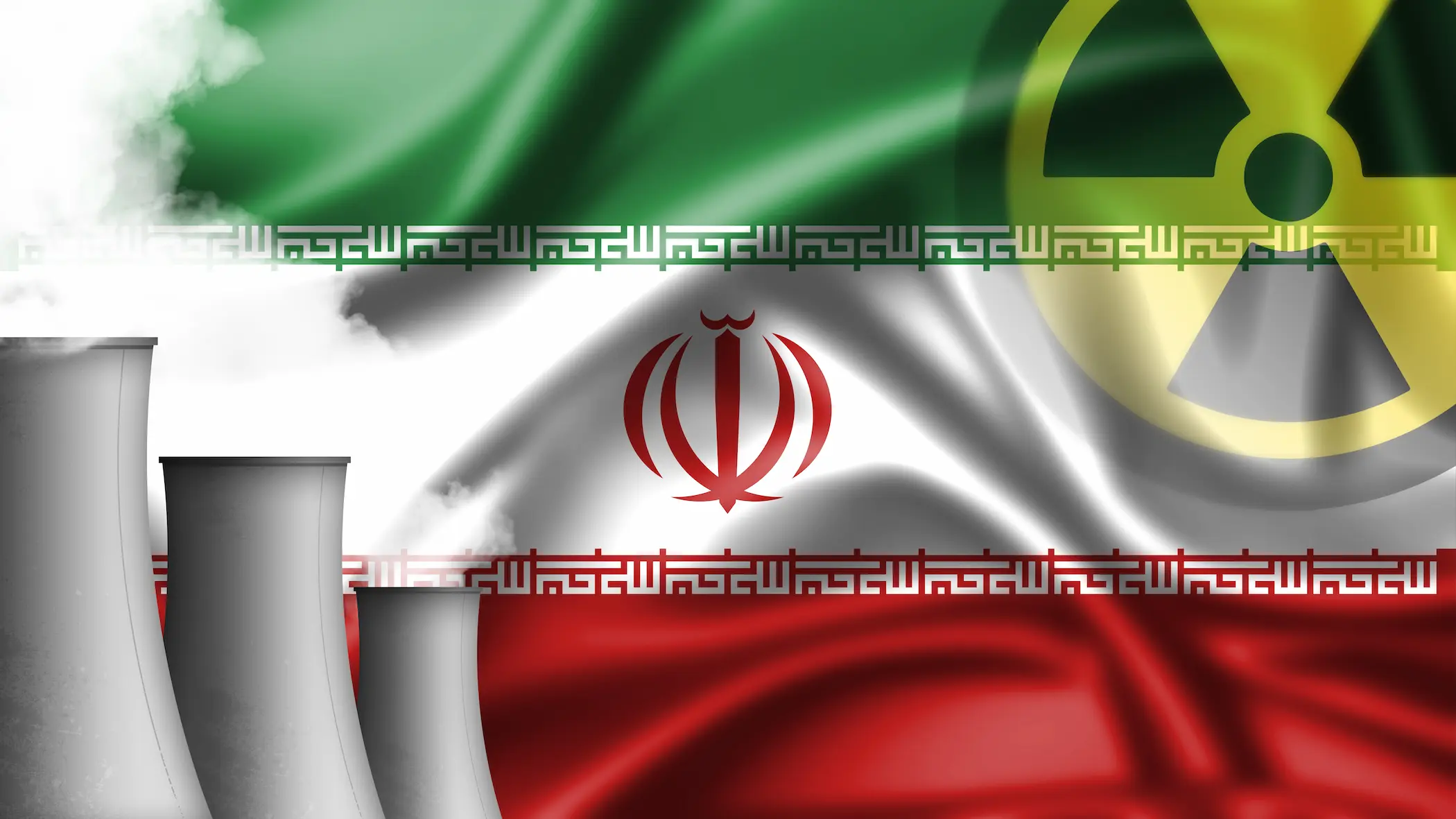

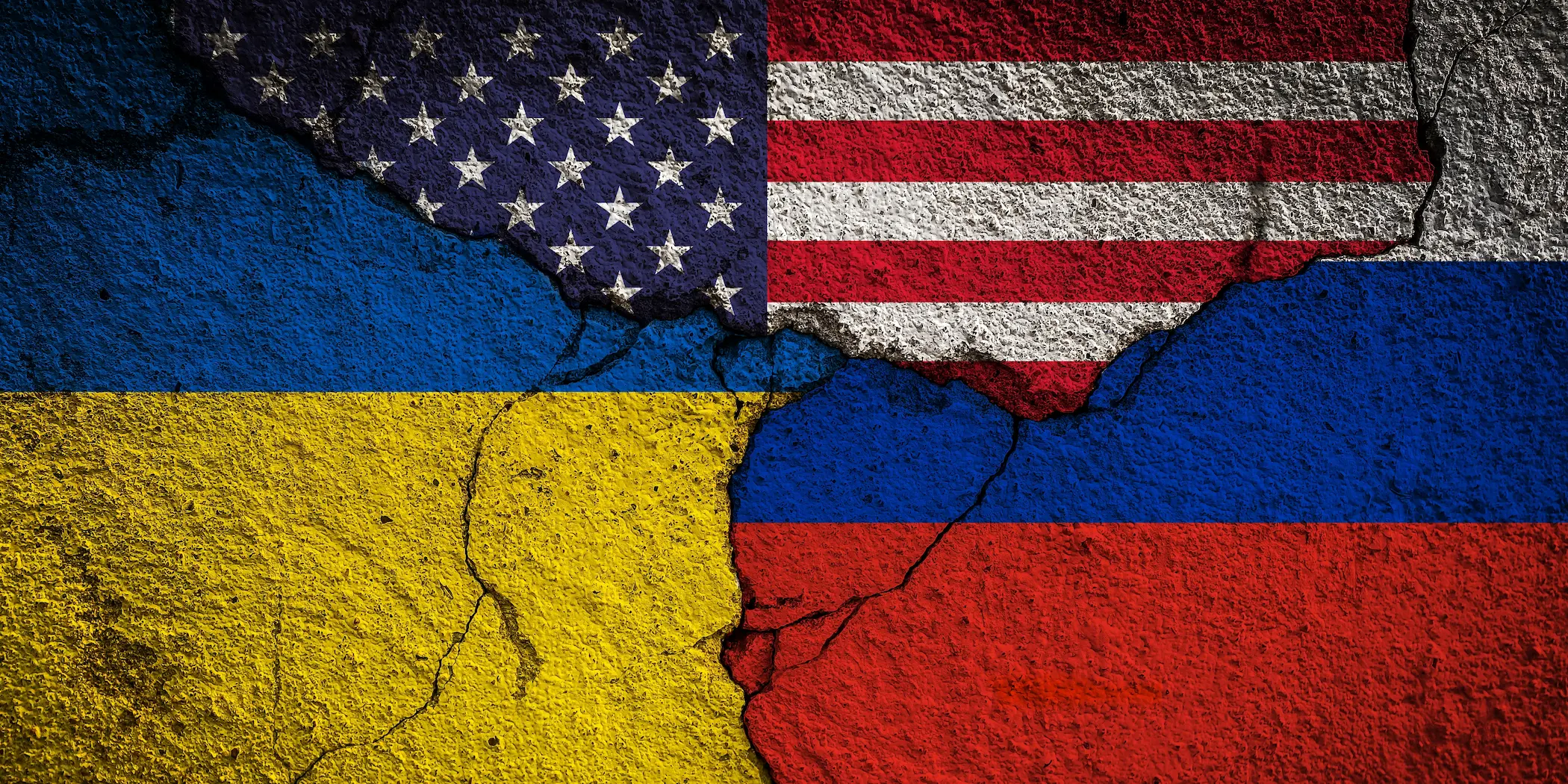







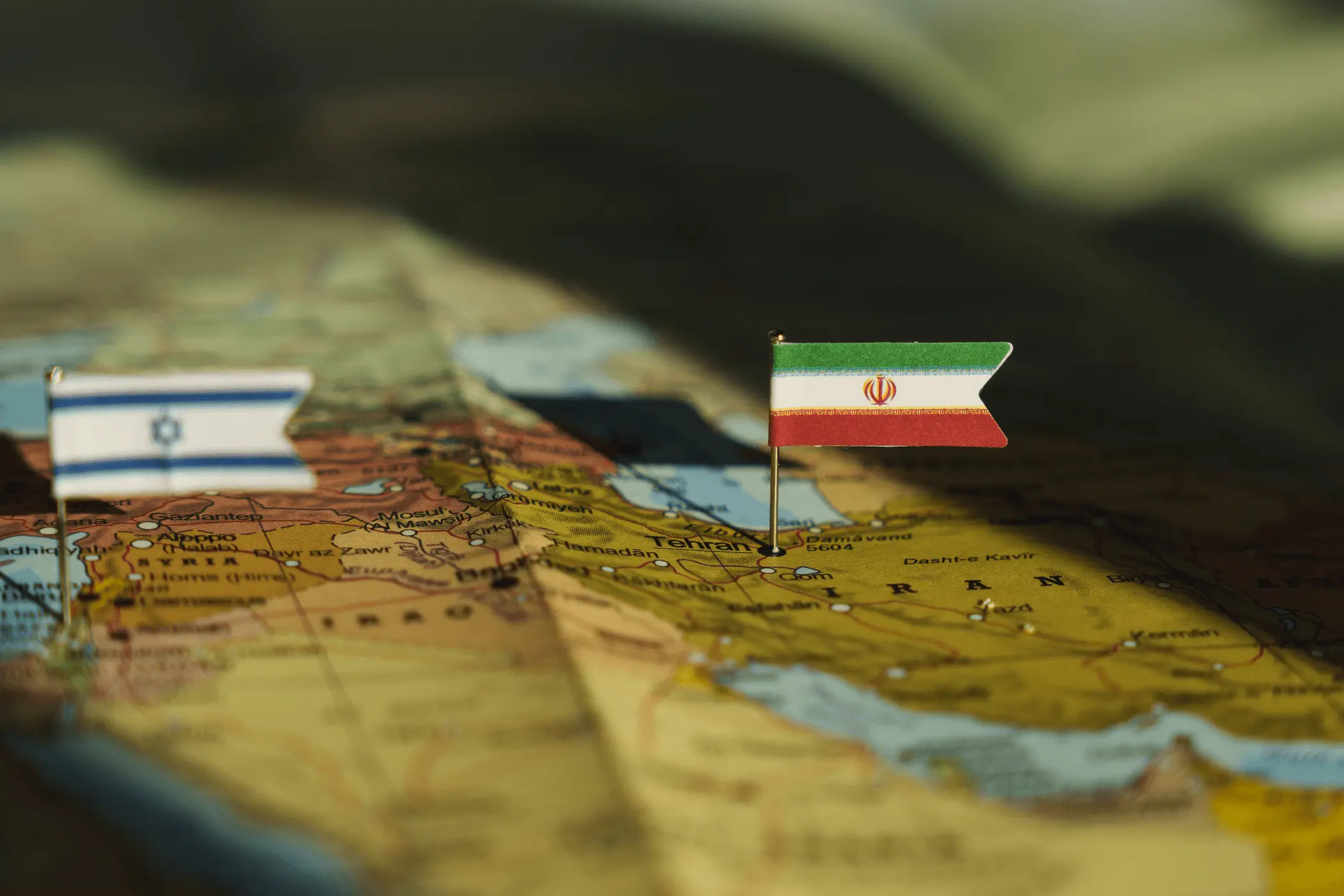
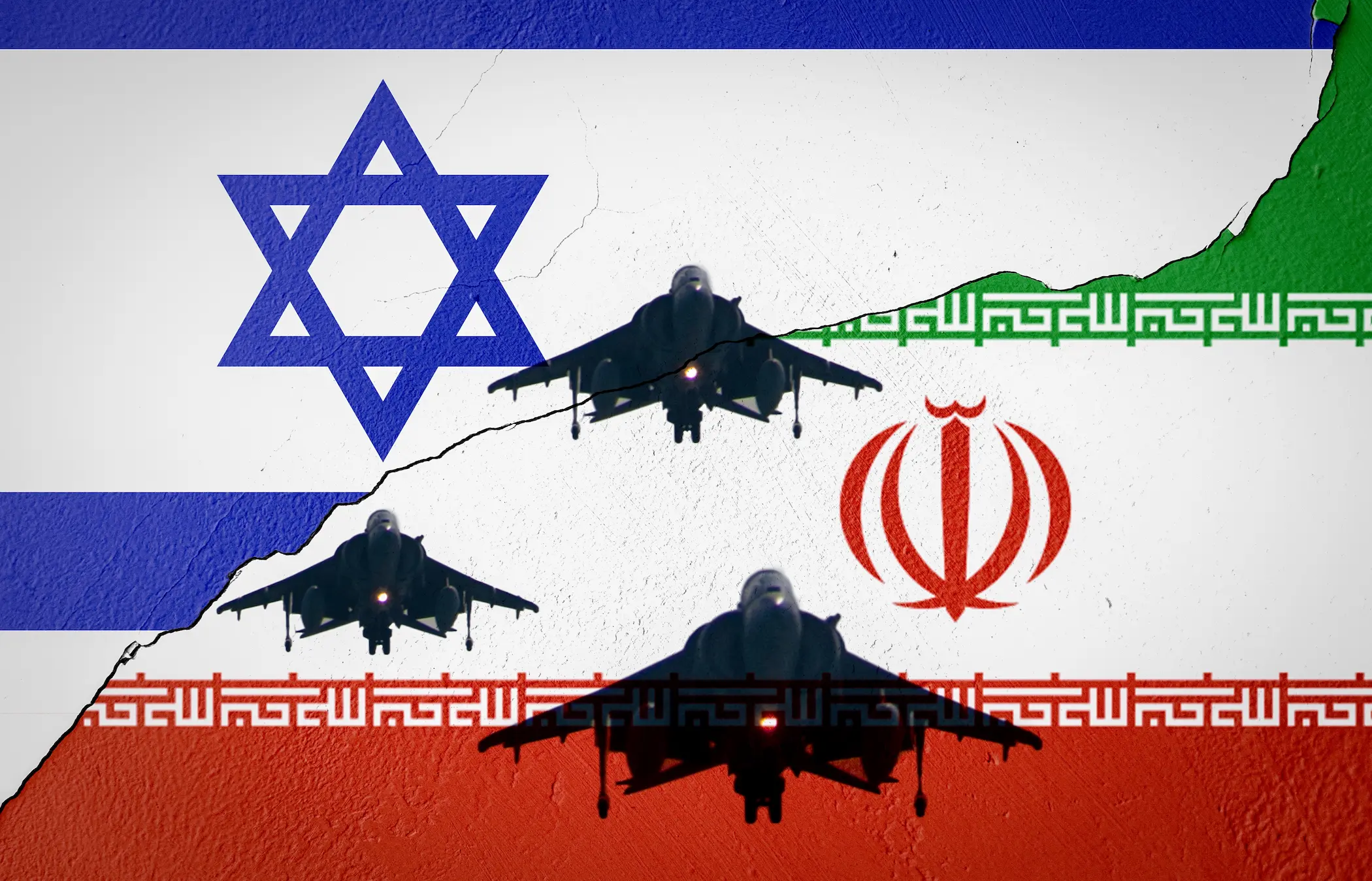

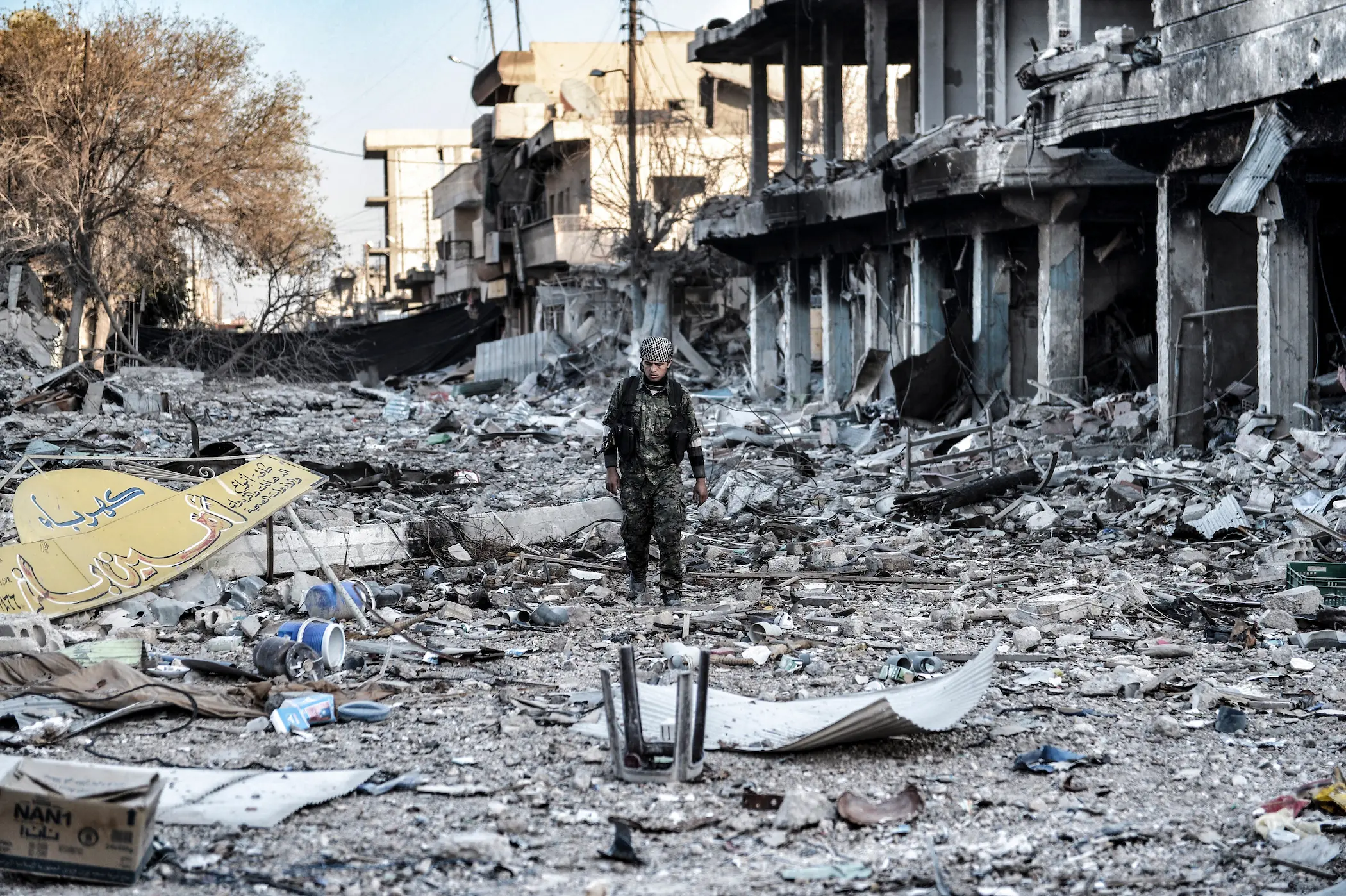
Comments